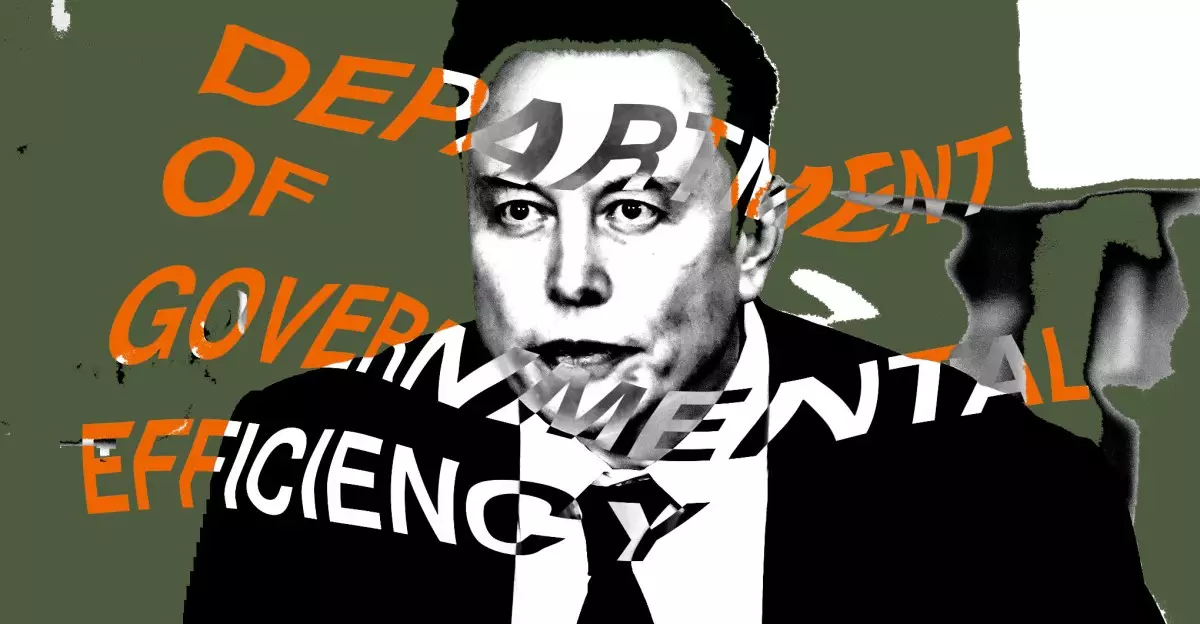Elon Musk has made headlines again, this time for his adventurous approach to federal employment practices. On a recent Saturday, he tweeted that an email would soon be issued to federal employees demanding a rundown of their achievements from the previous week. This initiative, orchestrated by the Office of Personnel Management (OPM), set a tight deadline for responses, prompting significant discourse about its legality and implications across various federal agencies including the FBI and the State Department.
Musk’s unyielding management style—a hallmark of his leadership at Twitter (now X) and Tesla—has sparked criticism, particularly regarding the manner in which it imposes urgency and pressure on employees. Critics argue that such tactics translate into a corporate culture of fear, particularly among those in the public sector who are not typically accustomed to these kinds of inquiries. Each employee receiving the email was expected to submit bullet points encapsulating their contributions by Monday night, raising questions about the practicality and ethicality of Musk’s methods.
The email, while designed to inspire productivity, inadvertently raised several red flags concerning federal employment laws. Notably absent from Musk’s tweet was a stern warning suggesting that a lack of response would be construed as a resignation, a statement that legal experts swiftly condemned as potentially unlawful. According to Professor Sam Bagenstos from the University of Michigan, there is “zero basis in the civil service system” for such harsh consequences. This precedent raises the question of whether such practices could inadvertently lead to legal infractions against federal workers.
House Minority Leader Hakeem Jeffries voiced similar concerns, emphasizing that Musk’s overreach could be causing unnecessary distress among diligent government employees and their families. The situation reflects broader unease about Musk’s unsolicited interference in federal operations. Such a top-down approach not only risks depletion of employee morale but also challenges the established norms governing civil service.
This incident echoes Musk’s behavior post-acquisition of Twitter, where he instituted similar policies demanding immediate compliance from staff under threat of termination, revealing a pattern that might be deemed authoritarian. The methodology prompts a fundamental reevaluation of how productivity—and the narratives surrounding it—are quantified in government institutions. Indeed, the situation compels one to consider the implications of transferring private sector tactics into the public realm, where accountability and ethics are often far more scrutinized.
As Musk continues to play an influential role in shaping the workplace culture across various sectors, it is essential for stakeholders to discuss the potential repercussions of adopting such an autocratic style. After all, the nature of public service requires both transparency and adherence to the rule of law—qualities that may be compromised in an effort to imitate the high-pressure work environments characteristic of certain private enterprises.
While Musk’s email may have intended to boost efficiency within federal agencies, the ramifications extend far beyond immediate productivity. The reaction to this initiative underscores the critical importance of protecting employees’ rights within the public sector, ensuring that work standards are upheld without compromising respect and legal frameworks. Ultimately, the legacy of such actions could lead to a debate over the future of management practices in both public and private spheres.


Leave a Reply